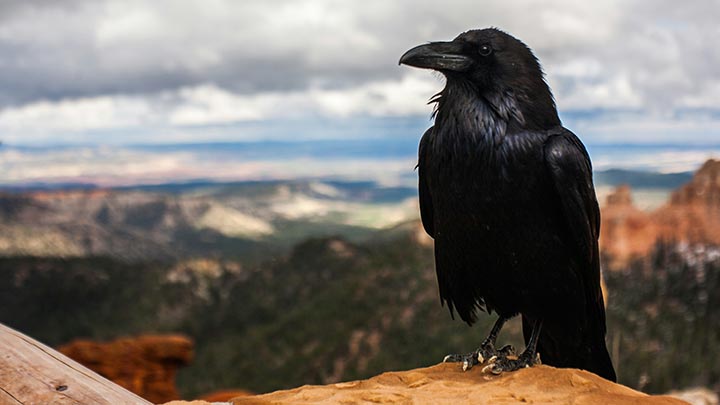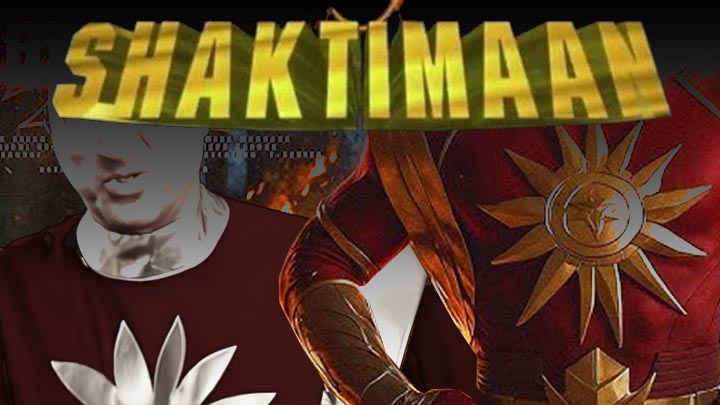Have you ever thought about how long a crows might remember if you throw a brick at it? While that may seem like an odd question, recent studies reveal just how remarkable a crow’s memory is—especially when it comes to holding a grudge.

A fascinating study led by Professor John Marzluff, an environmental scientist at the University of Washington, has uncovered some astonishing facts about the vengeful nature of crows. This long-term study began back in 2006, with the goal of understanding whether crows could remember someone who had wronged them.
The Study: Testing Crow Memory
To test the memory and social response of crows, Professor Marzluff donned a special mask resembling a demon and captured seven crows with a net. He marked each of these birds for easy identification before releasing them. From that point on, whenever Marzluff appeared on campus wearing this particular mask, the crows would mob him, launching attacks to protect their territory or to express their anger. Interestingly, this reaction was not limited to the seven captured crows. In time, even other crows joined in, collectively identifying Marzluff’s masked figure as a threat.
This intense reaction continued for seven consecutive years, showing just how seriously crows take their grudges. While the intensity of their attacks lessened after 2013, the crows still displayed aggressive behavior toward Marzluff when he wore the mask, proving that they could hold a memory and an “opinion” about someone for a very long time.
The Memory of a Crows: 17 Years of Retention
One of the most surprising findings of Marzluff’s research is that crows can retain memories for an incredible 17 years. The study showed that even after such a long period, crows are capable of recognizing faces, remembering incidents, and responding based on past experiences. This discovery highlights not only their powerful memory but also their ability to maintain a strong social network among themselves. The “demon mask” became a symbol of threat that all the crows in the area seemed to understand and respond to, even those who hadn’t directly experienced the initial capture.
The Science Behind Crows Memory
What makes crows so special? According to Marzluff’s research, crows have a highly developed brain structure that includes a region similar to the amygdala in mammals. This part of the brain plays a significant role in processing memories and emotions, especially those tied to fear and social interactions. It’s this amygdala-like structure that allows crows to form long-lasting memories and sophisticated social connections.
In fact, the study of crow memory reveals much more than just revenge-driven behavior. Crows exhibit complex social dynamics, forming bonds with their own kind and demonstrating a strong sense of group loyalty. These birds will alert each other to dangers, recognize individuals who pose a threat, and share that information with their peers, creating a community memory that keeps them safe.
What This Means for Us
The findings from this study reveal that crows aren’t just ordinary birds scavenging for food. They’re intelligent, highly social creatures capable of experiencing complex emotions and maintaining deep-rooted memories. This discovery sheds light on how much we still have to learn about animal behavior and cognition. Knowing that crows have a memory span of nearly two decades is both impressive and humbling—it reminds us that the animal kingdom is full of surprises, and sometimes, the creatures we overlook possess incredible abilities.
So, next time you encounter a crow, maybe it’s wise to be friendly. These feathered geniuses might just remember the encounter for years to come!
Disclaimer: The information provided on Timeshub360.com is for general informational purposes only. All content is gathered from credible sources and presented to the best of our knowledge. However, Timeshub360 does not make any warranties about the completeness, reliability, or accuracy of this information. Any action you take based on the information on this website is strictly at your own risk. Timeshub360 will not be liable for any losses or damages in connection with the use of our website. Always consult a professional or conduct your own research before making decisions based on the information provided here.


